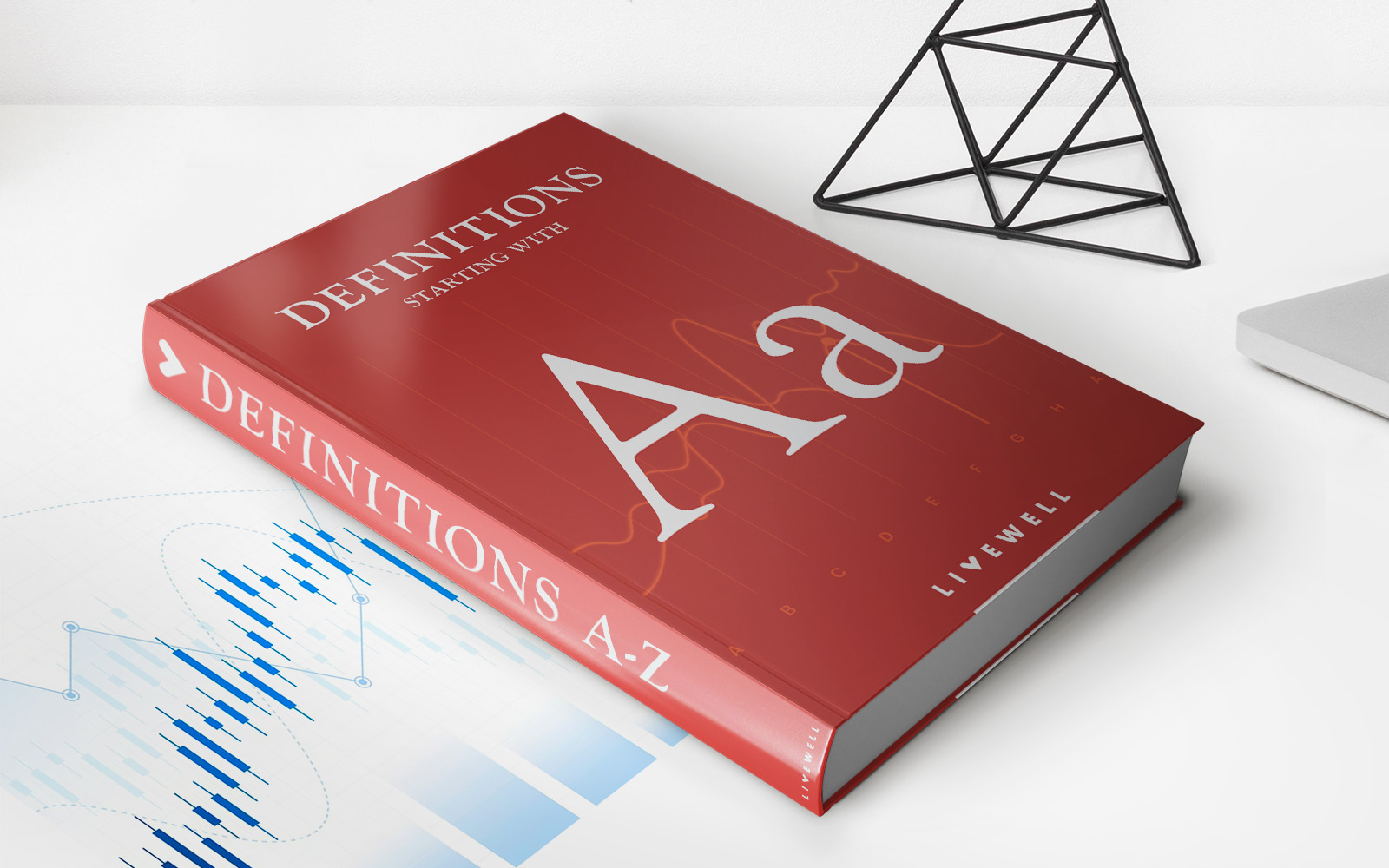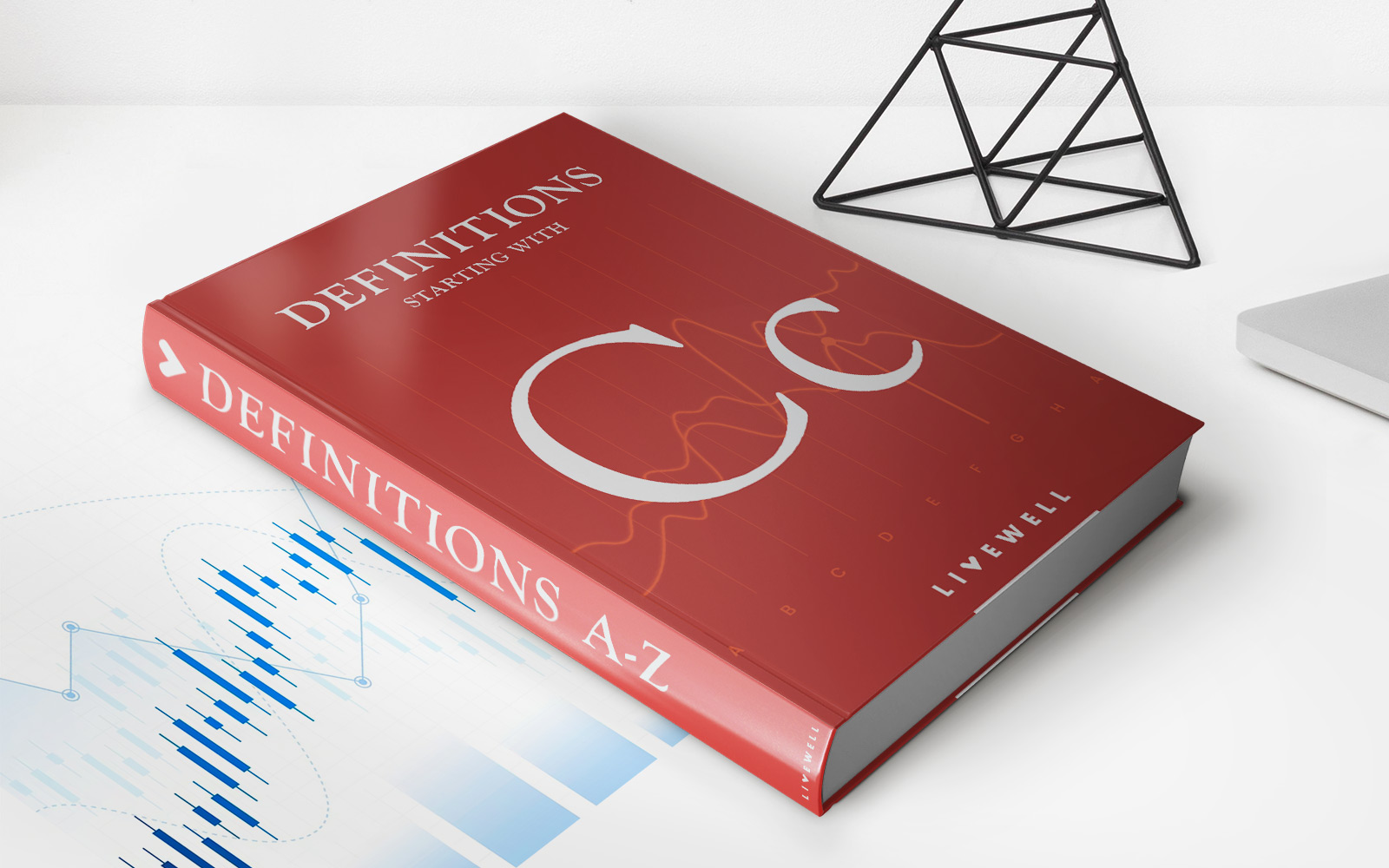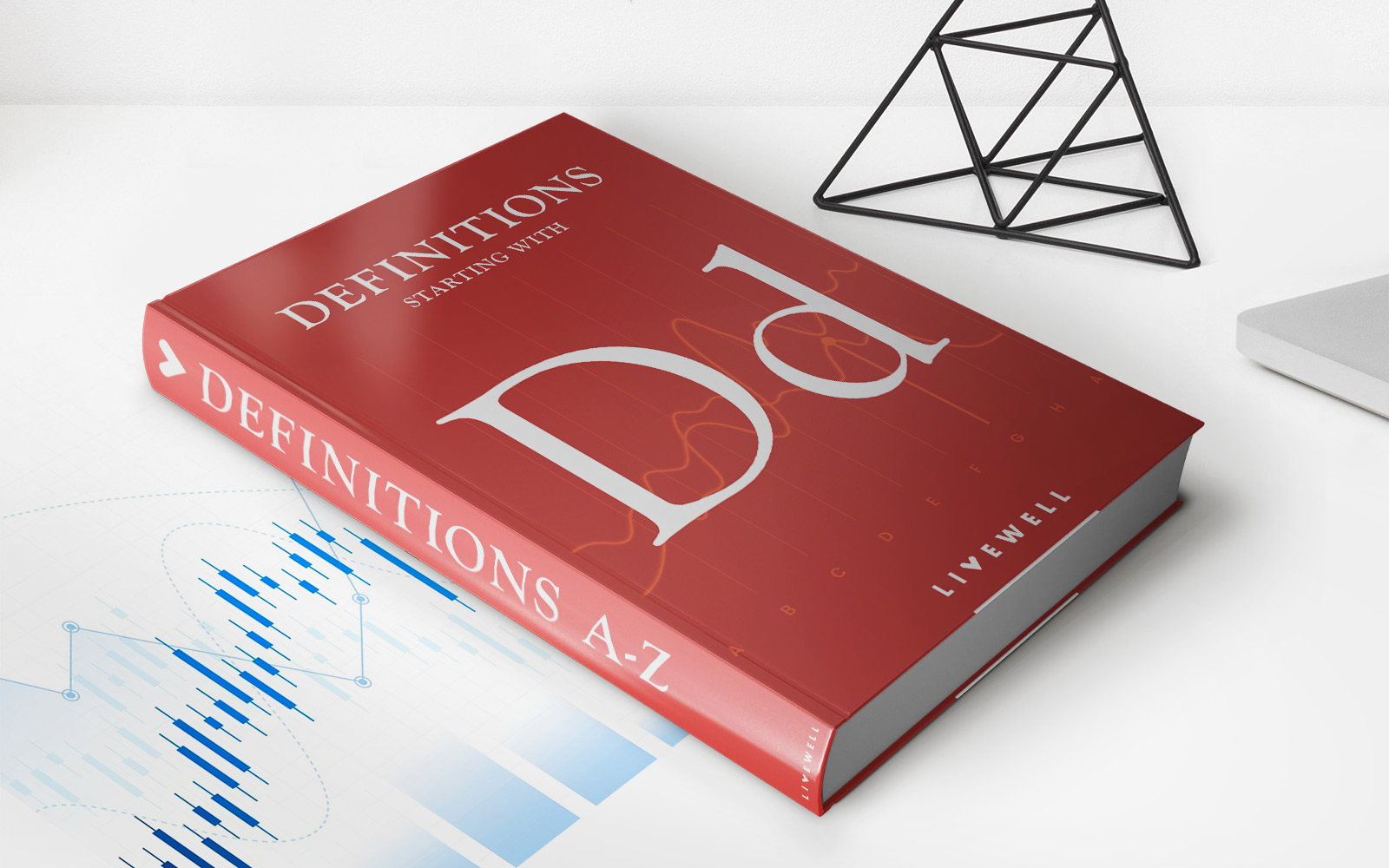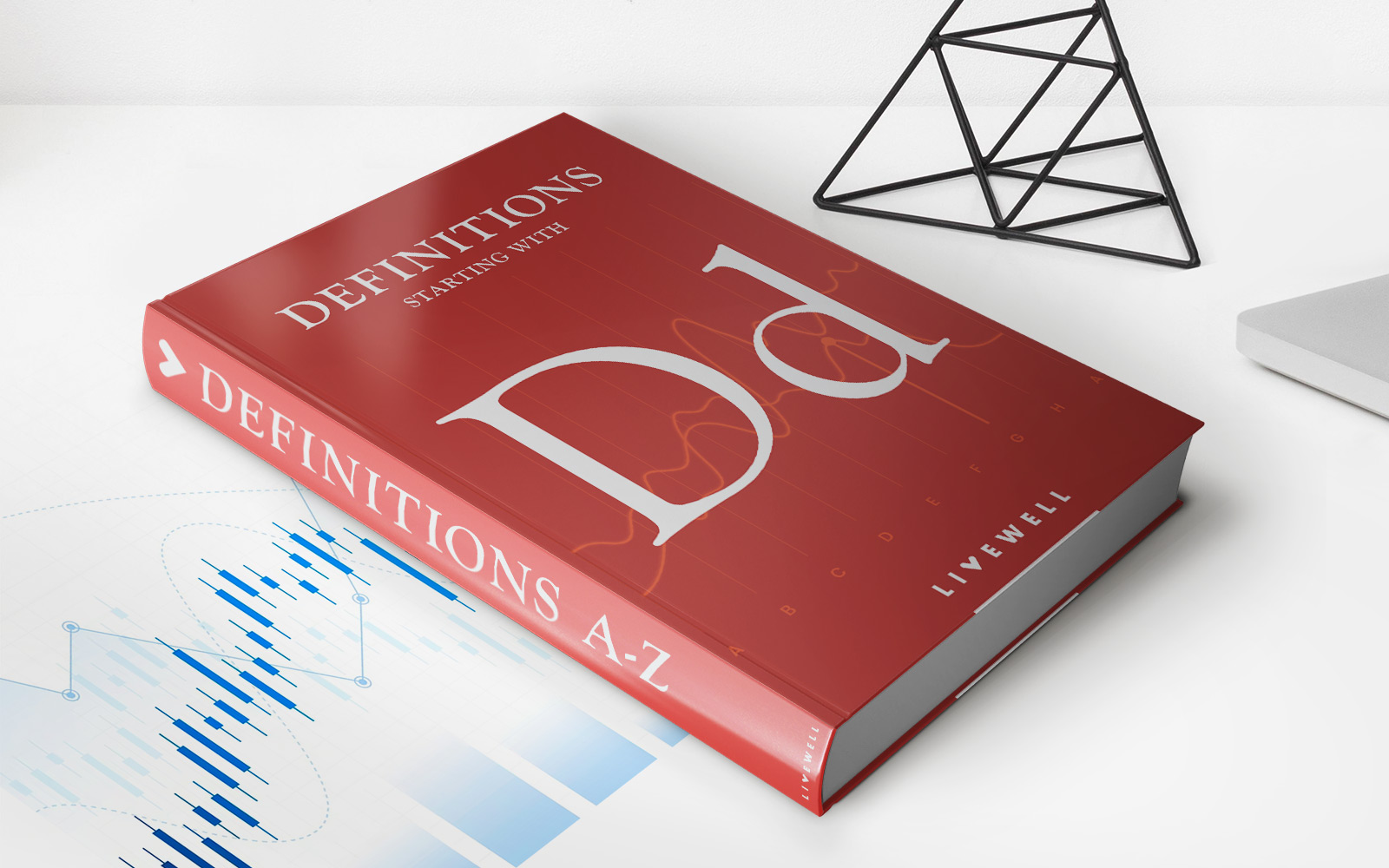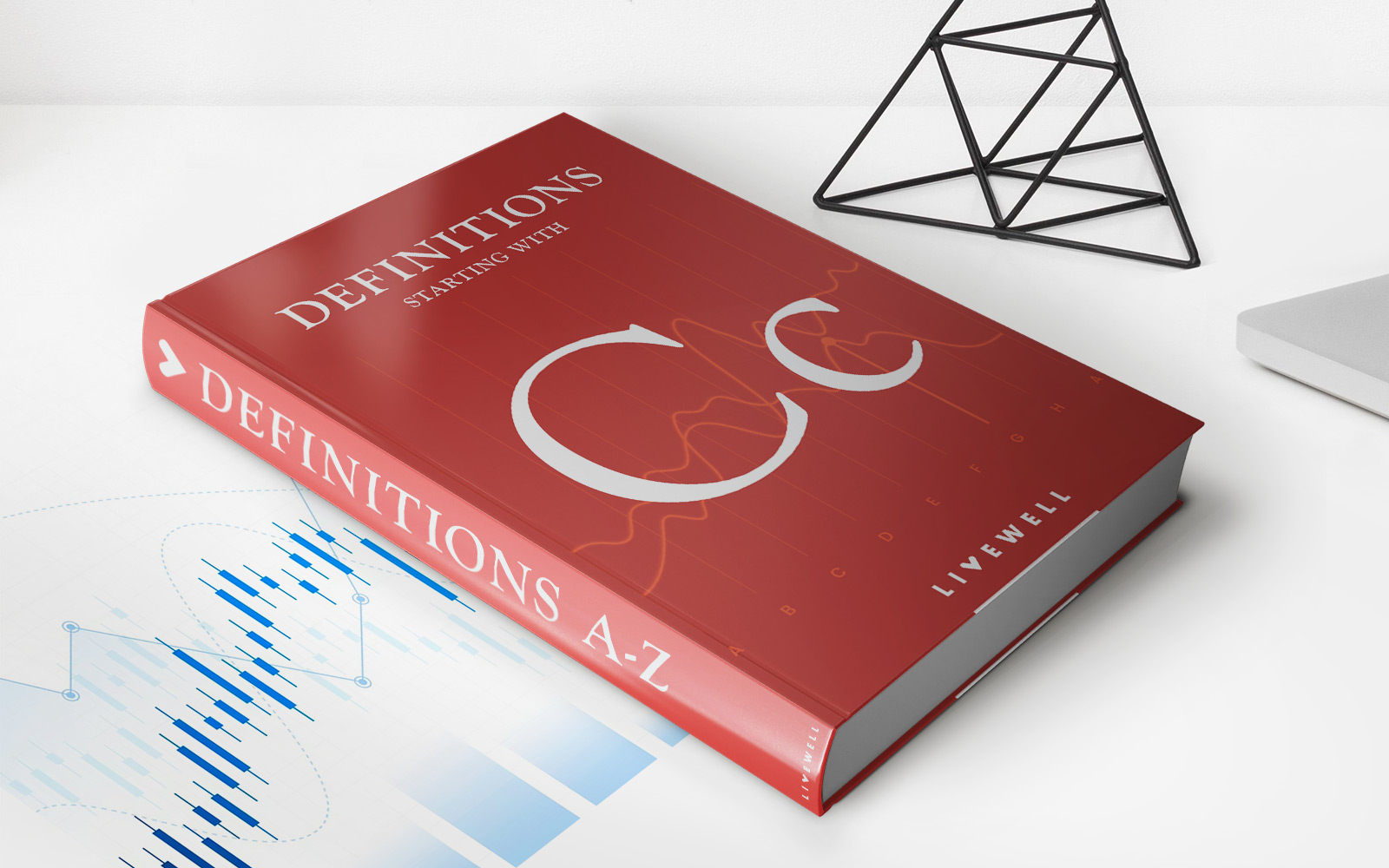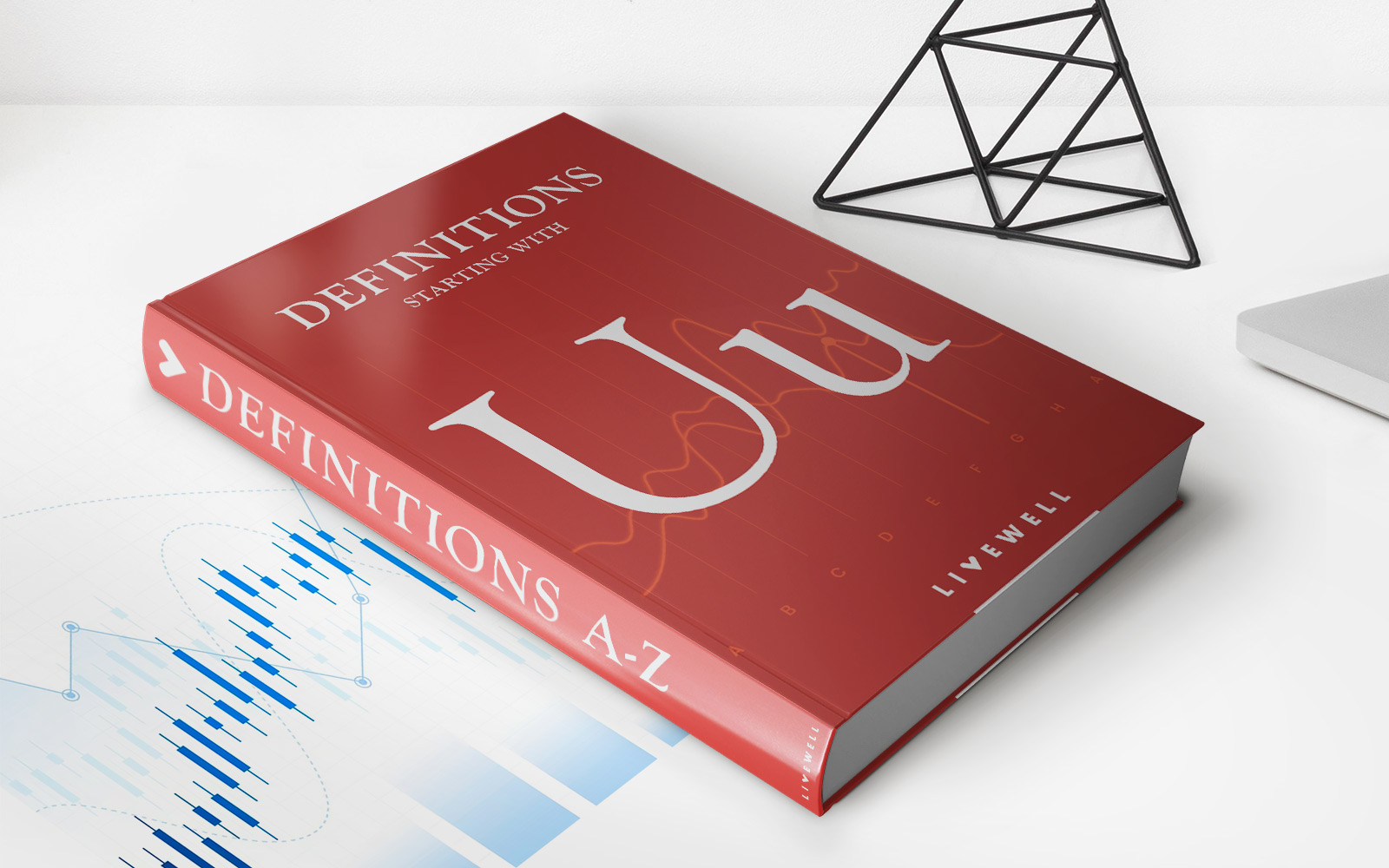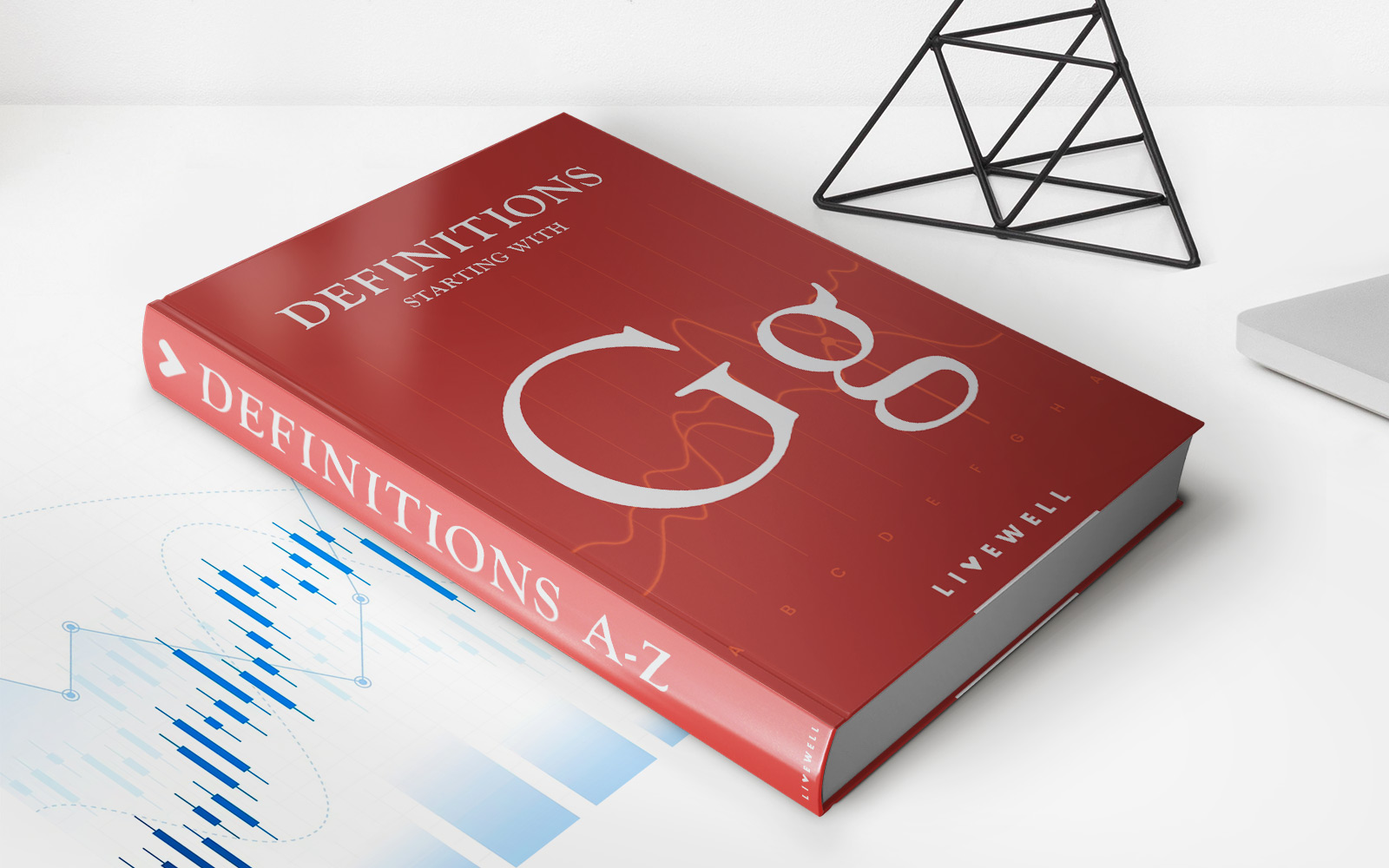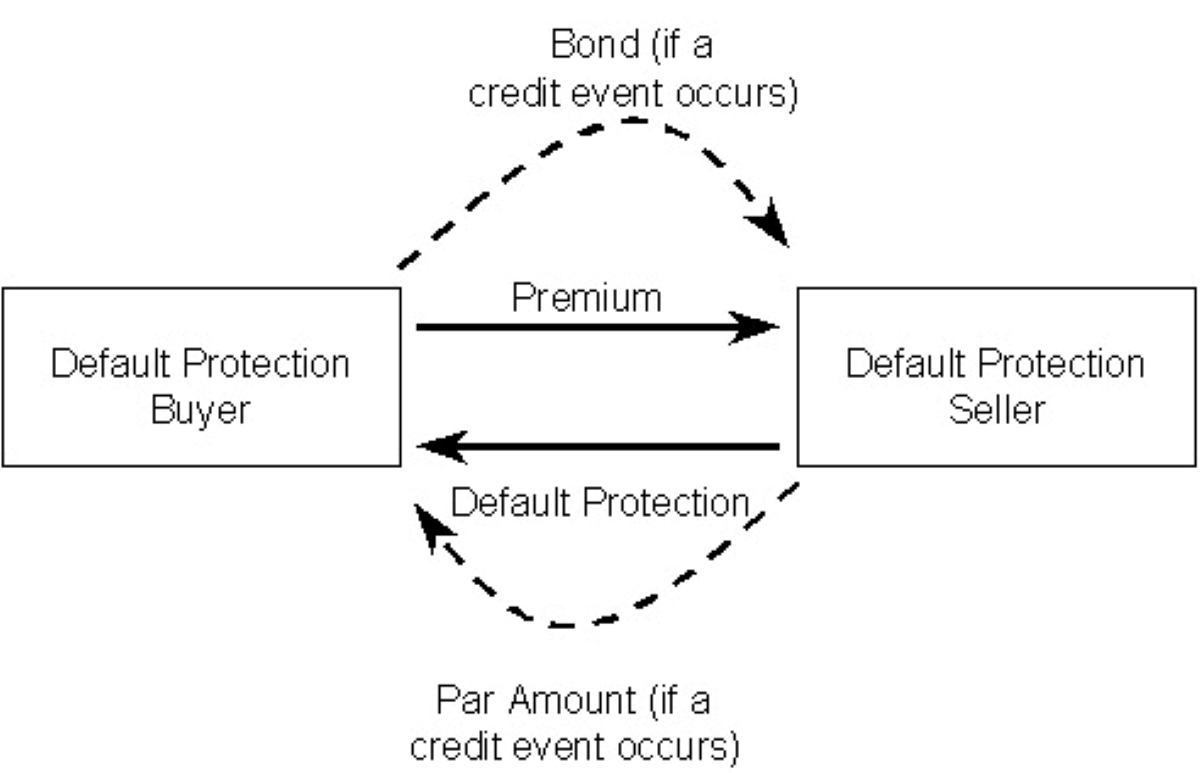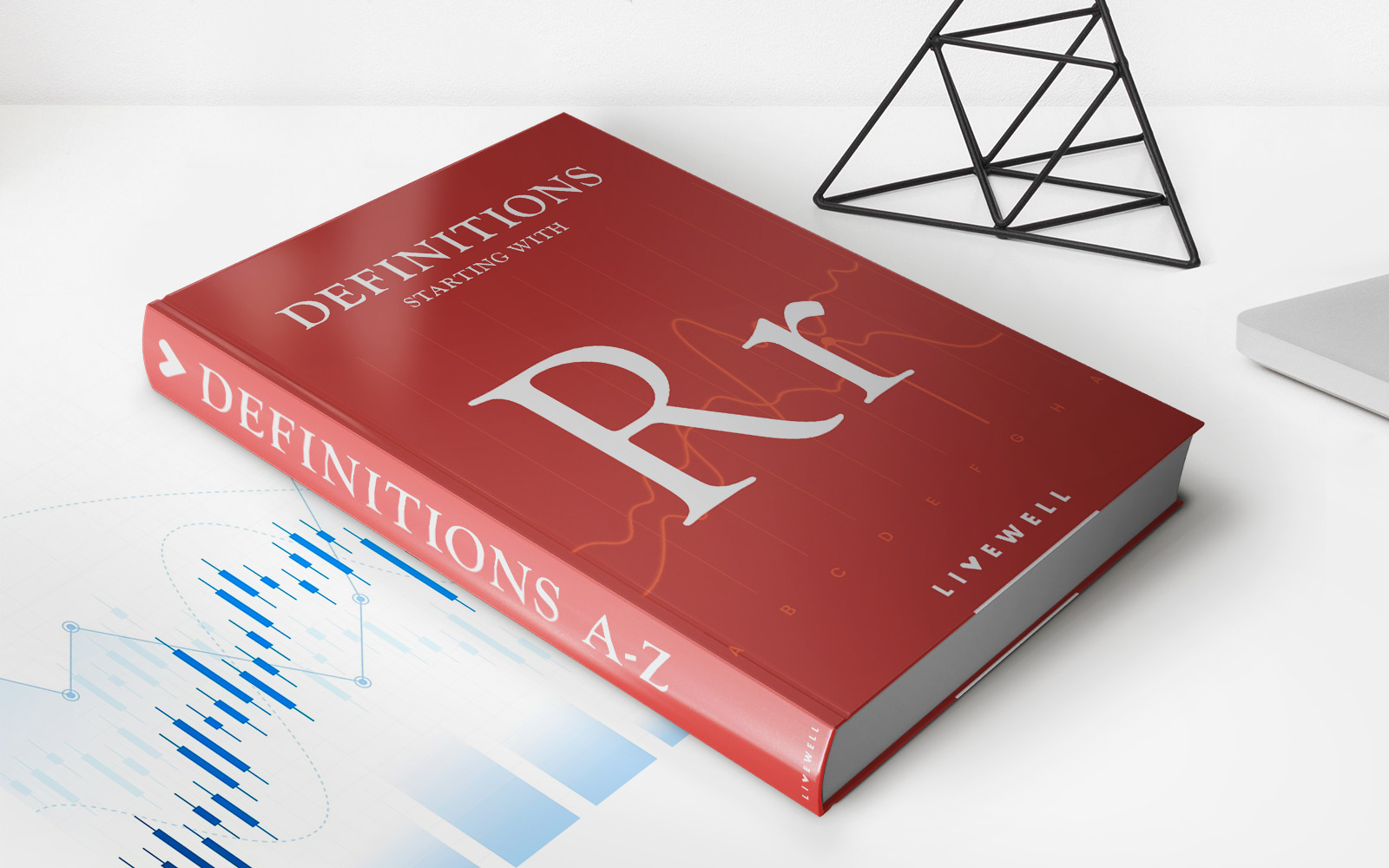Home>Finance>Equitable Distribution: Definition, State Laws, Exempt Property
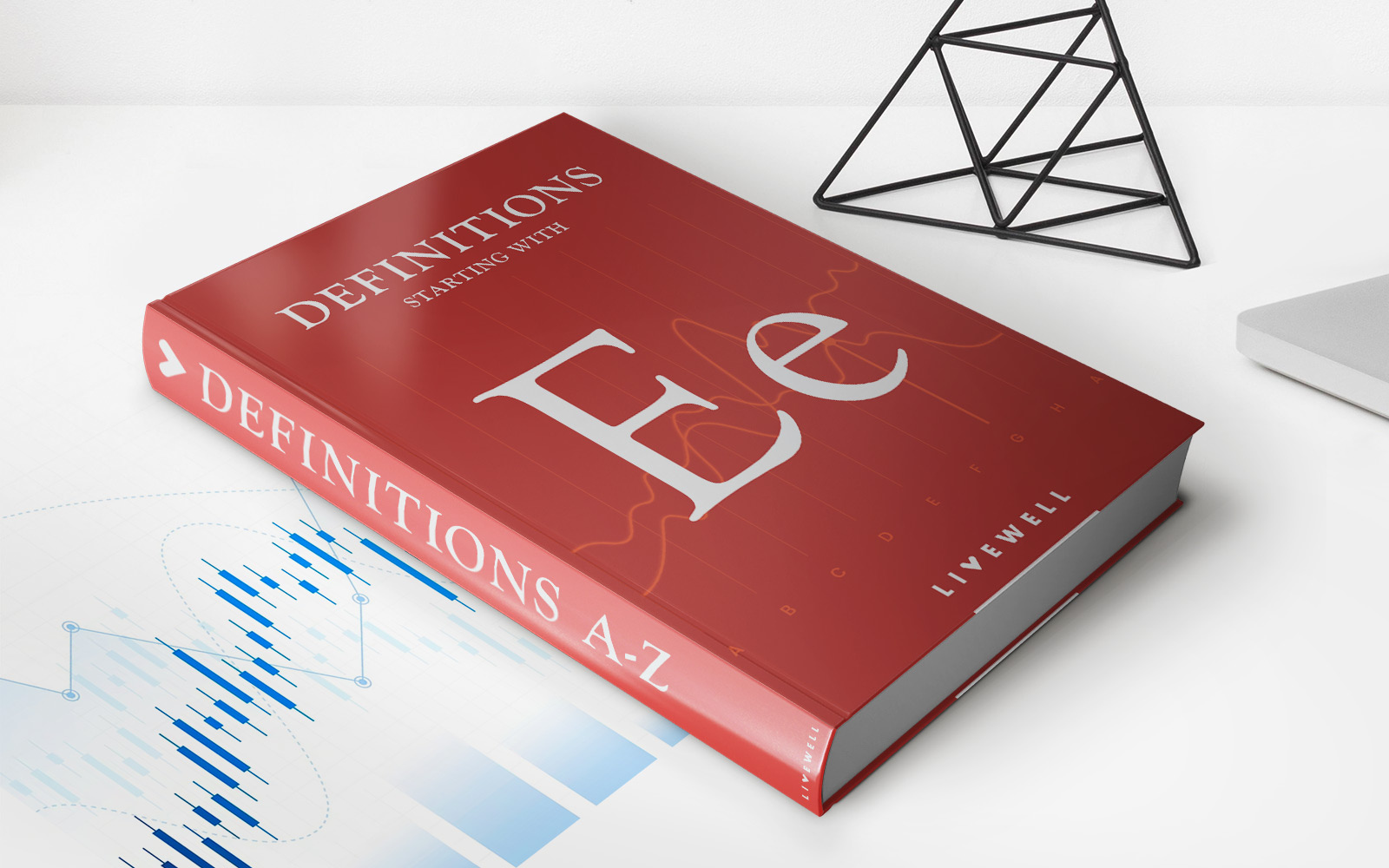

Finance
Equitable Distribution: Definition, State Laws, Exempt Property
Published: November 18, 2023
Learn about equitable distribution in finance, including its definition, state laws, and the concept of exempt property. Gain a deeper understanding of how assets are divided in divorce cases.
(Many of the links in this article redirect to a specific reviewed product. Your purchase of these products through affiliate links helps to generate commission for LiveWell, at no extra cost. Learn more)
Equitable Distribution: Definition, State Laws, Exempt Property
When it comes to finances, one of the most important aspects is the division of assets during a divorce. This process, known as equitable distribution, involves the fair and just allocation of property and debts between spouses. If you’re going through a divorce or simply interested in understanding how this works, you’re in the right place. In this blog post, we’ll explore the definition of equitable distribution, state laws governing it, and what constitutes exempt property.
Key Takeaways:
- Equitable distribution is the legal process of dividing assets and debts in a fair manner during a divorce.
- Each state has its own laws and guidelines for equitable distribution, so it’s crucial to understand the regulations in your jurisdiction.
Understanding Equitable Distribution
Equitable distribution is a concept based on fairness rather than equal division. It aims to ensure that both parties receive a fair share of the assets accumulated during the marriage. The process takes into account various factors including the length of the marriage, the financial contribution of each spouse, and the future economic circumstances of both individuals. It’s important to note that equitable distribution doesn’t always mean a 50/50 split, as the court may determine a different distribution based on the specific circumstances of the case.
State Laws and Guidelines
Equitable distribution laws vary from state to state, so it’s crucial to familiarize yourself with the regulations in your jurisdiction. Some states follow community property laws, where all marital property is considered jointly owned and subject to equal distribution. Other states follow the principle of equitable distribution, which gives the court more discretion in dividing assets and debts. Understanding your state’s laws is crucial to ensure a fair outcome during a divorce.
For example, in Texas, which follows community property laws, all assets acquired during the marriage are presumed to be community property and subject to a 50/50 split. In contrast, states like New York and California follow equitable distribution principles, where the court considers factors such as age, health, earning capacity, and contributions to the marriage when dividing assets.
Exempt Property
Not all assets are subject to equitable distribution. Each state has a list of exempt property, which typically includes items acquired before the marriage or received as inheritance or gifts. Exempt property can also include assets protected by prenuptial or postnuptial agreements. These assets may be retained by the spouse who owns them, and they are not considered part of the equitable distribution process.
Examples of exempt property can include personal items such as clothing and jewelry, separate bank accounts, and real estate acquired prior to the marriage. It’s important to consult with a legal professional to determine what property may be exempt in your specific situation.
Conclusion
Equitable distribution plays a critical role in ensuring a fair and just outcome when dividing assets during a divorce. Understanding the definition, state laws, and exempt property rules is essential for anyone going through the divorce process. By familiarizing yourself with the guidelines in your jurisdiction and seeking professional advice, you can navigate this complex process with confidence.

